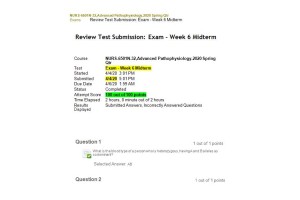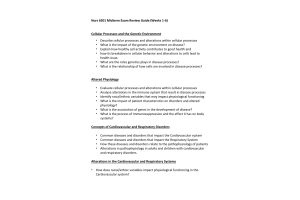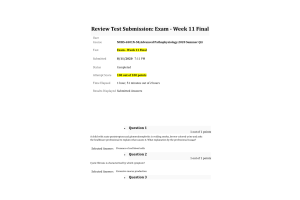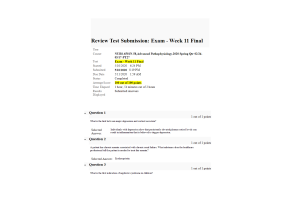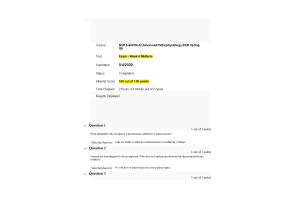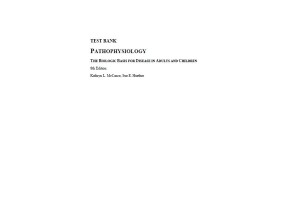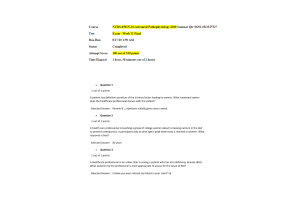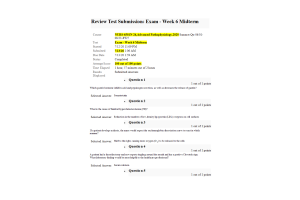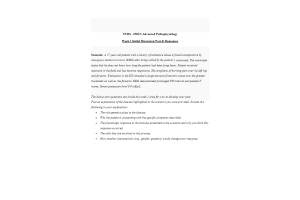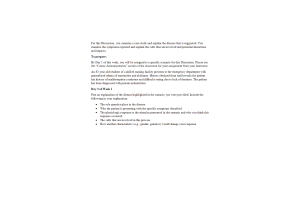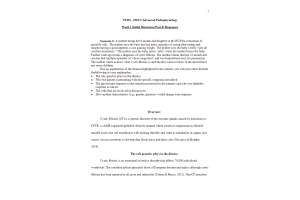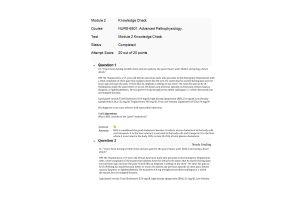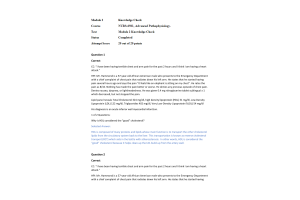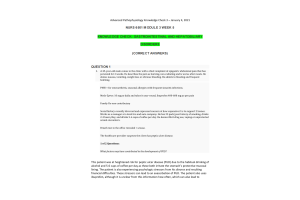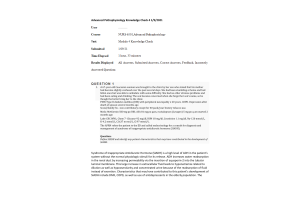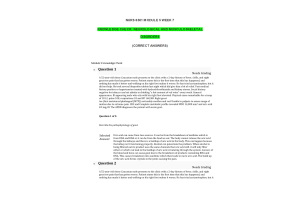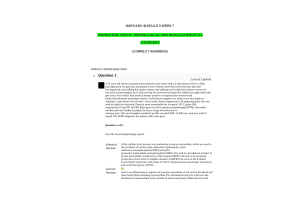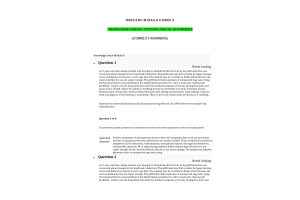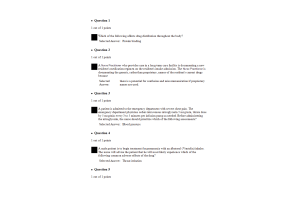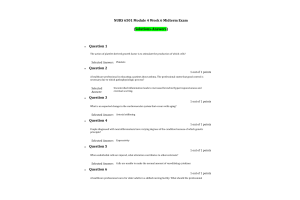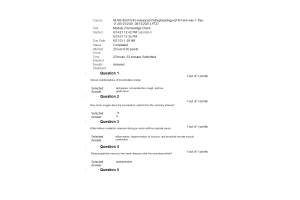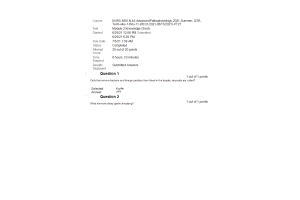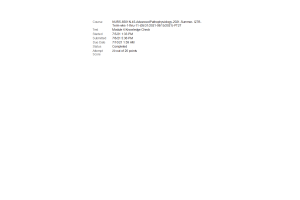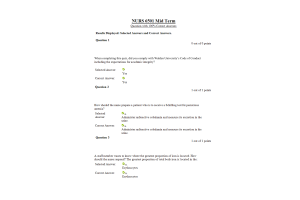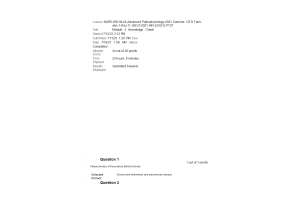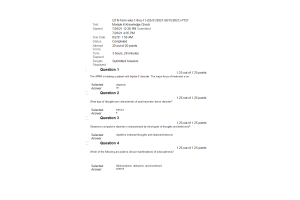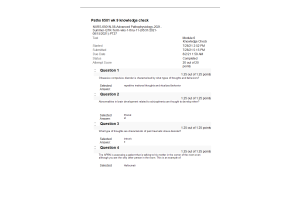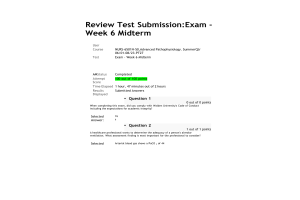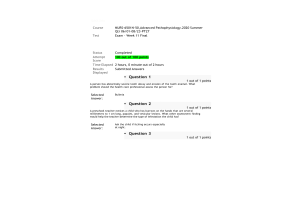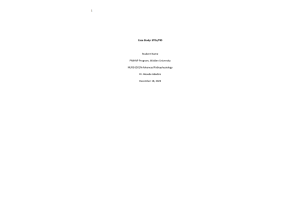NURS 6501 Week 2 Case Study Assignment; Invasive Aspergillosis
- $20.00
Document Preview
Invasive Aspergillosis
The 49-year-old patient in the case exhibited symptoms including a high body temperature, night perspiration, fatigue, discomfort in the chest while coughing, and frequent hemoptysis, coughing up blood. Invasive aspergillosis, the underlying illness, can be attributed to the above signs. Various fungal infections belonging to the Aspergillus genus are known as aspergillosis (Fosses Vuong et al., 2023). Clinical conditions vary according to the immune health of the host, with aggressive syndromes primarily affecting those with impaired immunity (Fosses Vuong et al., 2023). Non-specific symptoms such as a high temperature, pain in the chest, coughing, fatigue, decreased appetite, and dyspnea are the most typical ones associated with invasive aspergillosis (Fosses Vuong et al., 2023).
Considering the similarity between the symptoms experienced by the patient and the common manifestations of invasive aspergillosis, the individual presented such symptoms due to the infection.
When discussing the genes that can be associated with the development of the condition, several can be highlighted. First, the initial line of protection against pathogens is made up of a class of receptors called toll-like receptors (TLRs) (El-Zayat et al., 2019). Both external pathogens and internal risk compounds generated by degenerating cells and injured tissues are recognized by them (El-Zayat et al., 2019). Toll-like receptor 4 (TLR4) is a crucial gene involved in the immune system's reaction to fungus infections (El-Zayat et al., 2019)……….. Continue

